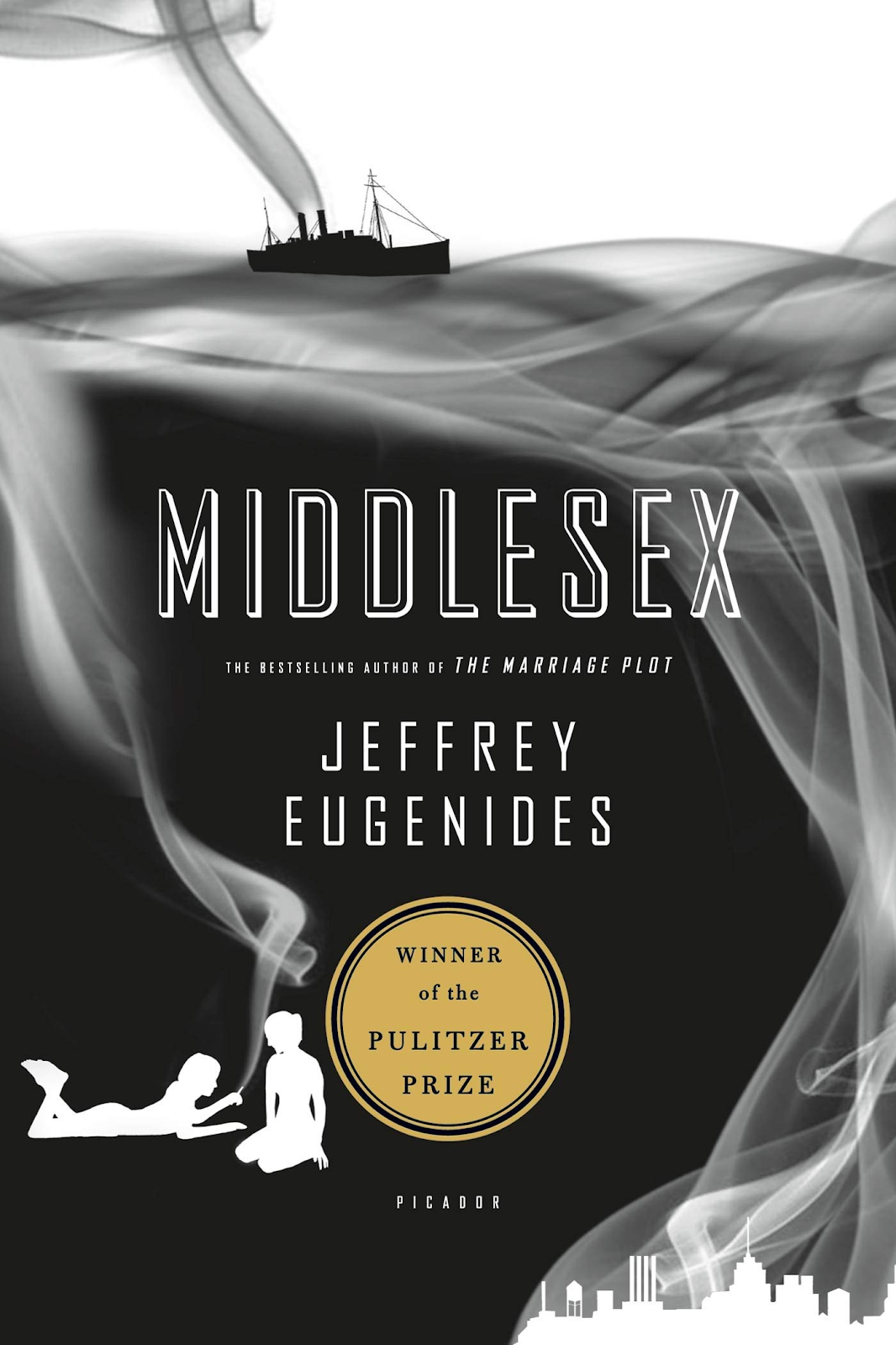Closing Remarks
I think it's only right to end this blog with something that wasn't assigned but that I just felt like writing. Today marks exactly 2 weeks before my last day of high school. I never thought I'd make it this far. Actually, I always knew I'd make it this far, I just didn't know what I would do after. This year has been one of many obstacles and challenges—"character development" as I like to call it. But as it comes to an end, I find that the greatest lesson I learned was to depend on myself. To be happy within myself and to find solace in the fact that I exist for a purpose, no matter whether I know what that purpose is or not, but for the fact that my existence means something. I was never the biggest fan of Athens. I guess you could say I even hated it for a long time. But it's hard to leave the place that I made home over the past four years, and it's even harder to leave the people here behind. As I look forward, I hope to find myself happier, ...


